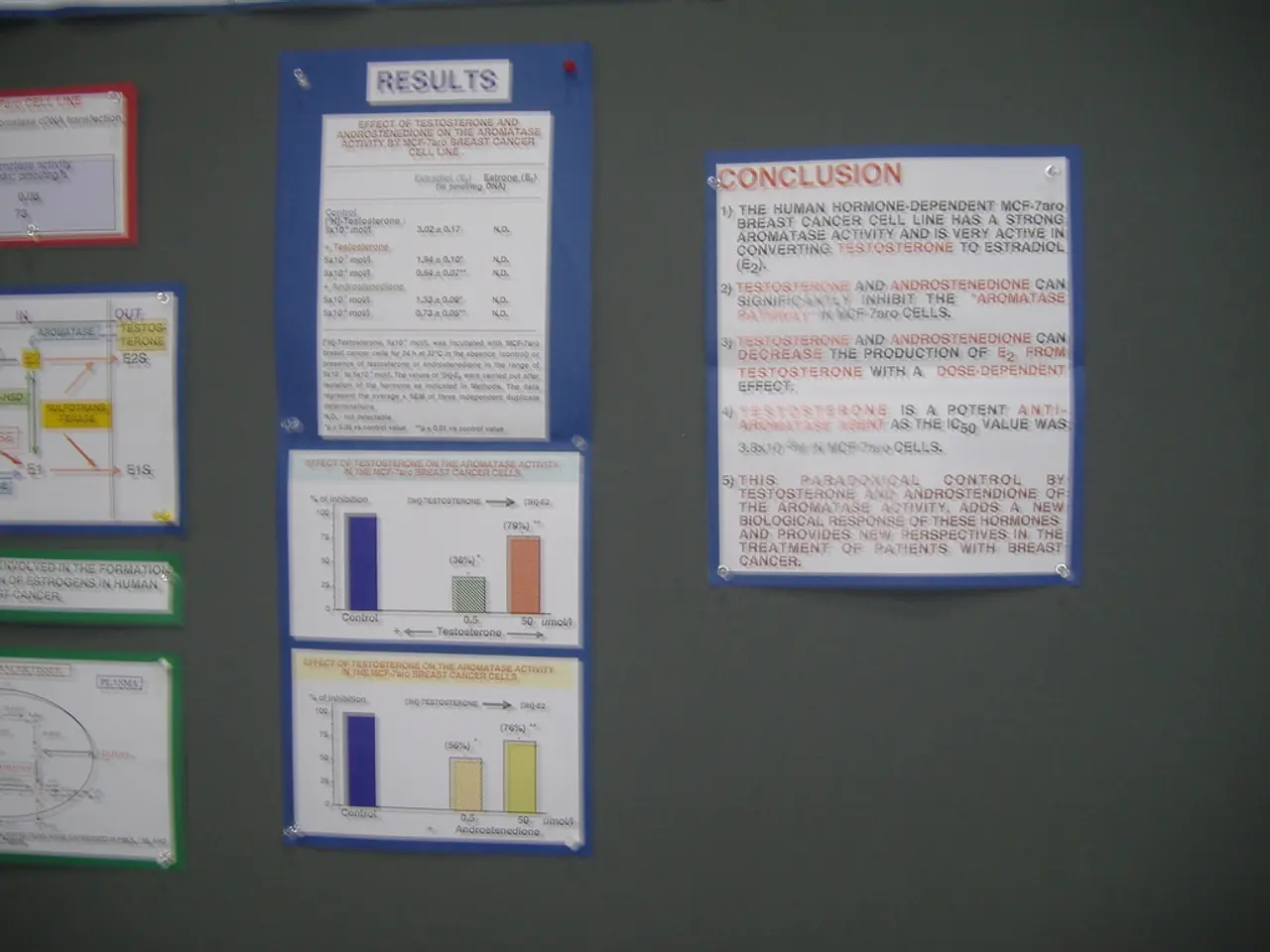Advisors to Klingbeil urge against relaxing the debt limit constraint
In the heart of Hamm, Kurpark played host to the lively DJ festival "Welcome to my Garden," attracting thousands of music enthusiasts. But the news from Germany extends beyond the beats and the dance floor.
The German government has recently embarked on a significant reform of its debt brake—a constitutional fiscal rule limiting structural deficits. This reform, approved in March 2025, allows for extensive borrowing, estimated to be over €500 billion, to fund urgent investment needs while bypassing the debt brake constraints[1][2][3][4][5].
This move, while aimed at strengthening Germany’s economic growth and security role in Europe, has raised concerns about fiscal stability within the Eurozone. The reform facilitates massive state-driven investments in infrastructure, climate transformation, and defense upgrades, potentially benefiting the euro's stability by addressing structural weaknesses and boosting productivity[3][5].
However, the substantial increase in German government borrowing raises questions about the debt trajectory and its compatibility with EU fiscal rules. If other member states do not pursue similar reforms or investments, there could be potential ripple effects on eurozone fiscal governance and market perceptions of euro stability[2].
Meanwhile, in Hamm, the city has a weapons ban zone, which has been established for the second time. This zone, however, did not seem to deter the throngs of festival-goers from enjoying the music and camaraderie.
In the realm of politics, both coalition partners, SPD and the Union, have different views on the debt brake. While the SPD considers it an investment brake and wants it eased, the Union wants to maintain the rules as much as possible[6].
In response to these complexities, the federal government has established a commission to develop proposals for a reform of the debt brake by the end of the year. The commission, composed of esteemed members such as Ifo President Clemens Fuest, former economic expert Volker Wieland, and finance professor Thiess Büttner, among others, will undoubtedly provide valuable insights[7].
As Germany navigates this delicate balance between fiscal responsibility and necessary investment, the stability of the euro hangs in the balance. The coming months will be crucial in shaping the future of fiscal policy within the Eurozone.
On a brighter note, Eurobahn has announced improvements for Hamm and the surrounding area, promising a more connected and vibrant community. The DJ festival, with its thriving atmosphere, seems to be a testament to this potential.
[1] Source 1 [2] Source 2 [3] Source 3 [4] Source 4 [5] Source 5 [6] Source 6 [7] Source 7
The German government's reform of its debt brake, allowing for extensive borrowing to fund urgent investments, could significantly impact the business and finance sectors, potentially affecting the Eurozone's overall economic stability. This reform, spearheaded by a commission composed of esteemed economists, aims to boost productivity and address structural weaknesses through large-scale investments in infrastructure, climate transformation, and defense upgrades.





